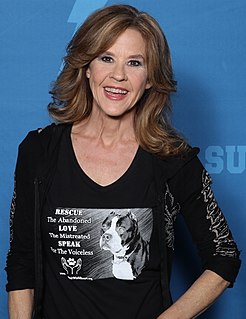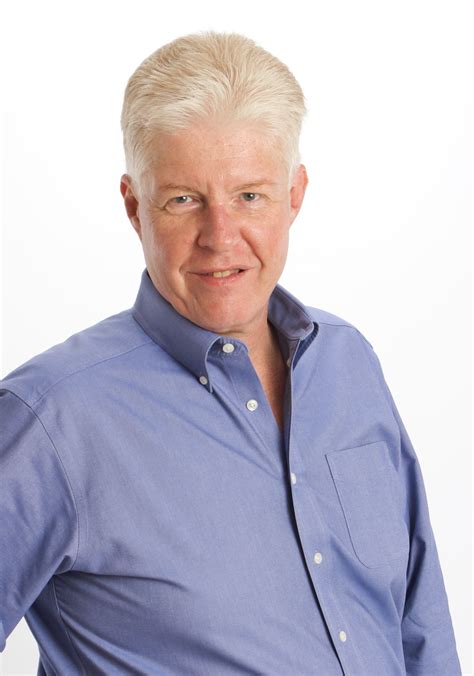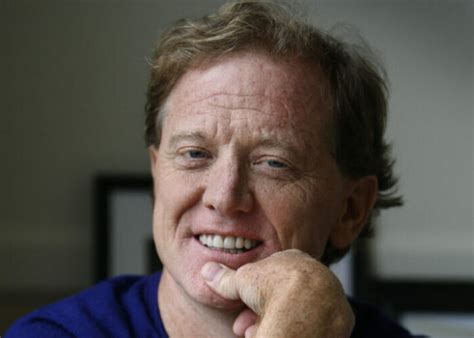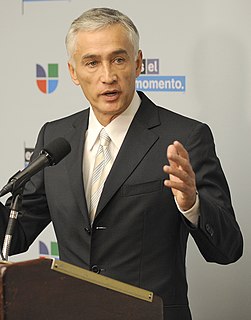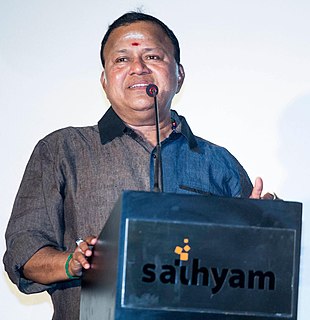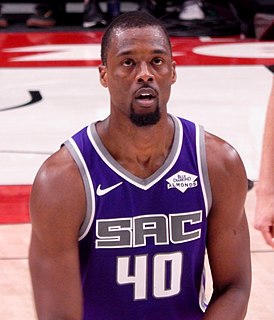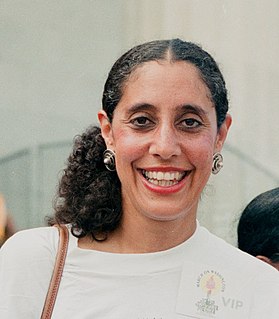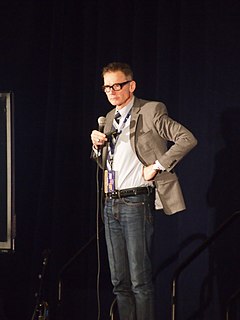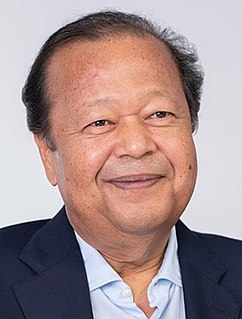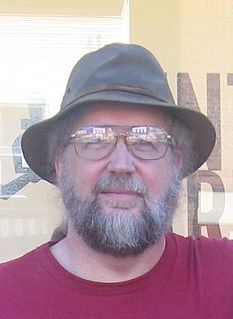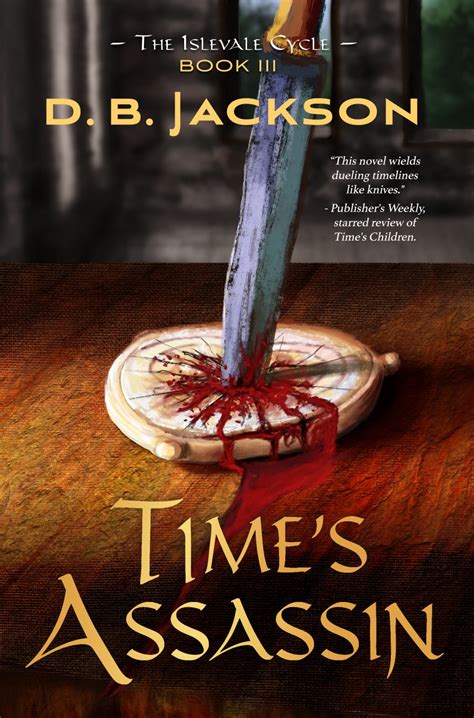Top 1200 Ultimate Questions Quotes & Sayings - Page 8
Explore popular Ultimate Questions quotes.
Last updated on December 24, 2024.
I have never said, as is sometimes believed, or even suggested that lower-class children should not learn the so-called educated norm of the Portuguese language of Brazil. What I have said is that the problems of language always involve ideological questions and, along with them, questions of power.
The ultimate goal of radical politics is gradually to displace the limit of social exclusions, empowering the excluded agents (sexual and ethnic minorities) by creating marginal spaces in which they can articulate and question their identity. Radical politics thus becomes an endless mocking parody and provocation, a gradual process of reidentification in which there are not final victories and ultimate demarcations
The ultimate touchstone of friendship is not improvement, neither of the other nor of the self: the ultimate touchstone is witness, the privilege of having been seen by someone and the equal privilege of being granted the sight of the essence of another, to have walked with them and to have believed in them, and sometimes just to have accompanied them for however brief a span, on a journey impossible to accomplish alone.
Neo-Darwinian language and conceptual structure itself ensures scientific failure: Major questions posed by zoologists cannot be answered from inside the neo-Darwinian straitjacket. Such questions include, for example, 'How do new structures arise in evolution?' 'Why, given so much environmental change, is stasis so prevalent in evolution as seen in the fossil record?' 'How did one group of organisms or set of macromolecules evolve from another?' The importance of these questions is not at issue; it is just that neo-Darwinians, restricted by their resuppositions, cannot answer them.
The interesting thing about the ACE study, as it began in the 1990s, is that it was based on a very strict set of ten questions. But what is evolving from that is a better understanding what kind of experiences are beyond the ten questions, and what kind of stressors it generates, there are so many ways that children can be exposed to ongoing stress.
When a director narrates a character, I find it normal to ask questions about the character's background, mood swings, eccentricities, behaviour... I do this to make my performance relatable. Directors who don't know their characters well find it difficult to answer these questions and, hence, find me annoying.
Both of my sisters have been teachers and they used to say you get asked between 300 and 600 questions every day which you have to answer. That's exactly what directing is. And the vast majority of those questions are not very interesting really, but they need somebody to make a decision - a good one or a bad one - and they follow it.
I guess I was just always one of those guys who asked those fundamental questions: 'Who am I? What's this for? Why? What does this mean? Is this real?' All these pretty basic questions. I like making movies about people who are self-conscious in that way, and are trying to feel their way through the world.
In my case I would emphasize anarcho-communalism, along with the ecological questions, the feminist questions, the anti-nuclear issues that exist, and along with the articulation of popular institutions in the community. I think it's terribly important for anarchists to do that because at this moment not very much is happening anywhere in North America.
The root of compassion is not empathy; that is kindness. Kindness is great, but it is not the ultimate compassion. Ultimate compassion relieves the suffering that comes from separateness. The suffering that comes from separateness is relieved only when you are fully present with another person, not when you are separately present.
Having an answer is a comfort. It's when you start asking questions and those questions pull threads in the larger fabric, you're forced to wonder what you're left with. And for people of any age, it's scary to think the fabric of the universe - or the universe as you've always believed it existed - can just unwind, you know?
I yearn for the darkness. I pray for death. Real death. If I thought that in death I would meet the people I've known in life I don't know what I'd do. That would be the ultimate horror. The ultimate despair. If I had to meet my mother again and start all of that all over, only this time without the prospect of death to look forward to? Well. That would be the final nightmare. Kafka on wheels.
I do think questions have been raised and questions have to be answered.And there is no way to predict what comes in the door of that White House from day to day that can pose a threat to the United States or one of our friends and allies, and I think this is a big part of the job interview that we are all conducting with the voters here.
It wasn't that I hated being asked a bunch of questions. I had nothing against questions. I just didn't like listening to them, because some questions take forever to make sense. Sometimes waiting for a question to finish is like watching someone draw an elephant starting with the tail first. As soon as you see the tail your mind wanders all over the place and you think of a million other animals that also have tails until you don't care about the elephant because it's only one thing when you've been thinking about a million others.
The question for the ultimate foundations and the ultimate meaning of mathematics remains open; we do not know in which direction it will find its final solution nor even whether a final objective answer can be expected at all. "Mathematizing" may well be a creative activity of man, like language or music, of primary originality, whose historical decisions defy complete objective rationalization.
I, as a storyteller, was asking questions no one in science had apparently asked. What happens in a nest of tyrannosaurs? They're precocial, meaning when they hatch, they're ready to feed and move about. My questions are "Hmm, if there's a nest of tyrannosaurs, and there's three siblings that survive, would they try to eat each other?"
The Church is God's Bride. All the saints and mystics say the ultimate purpose of human life, the highest end for which we were made, is the Spiritual Marriage. This is not socially relative; it is eternal. And in it, the soul is spiritually impregnated by God, not vice versa. That is the ultimate reason why God must always be he to us, never she. Religion is essentially heterosexual and therefore fruitful.








